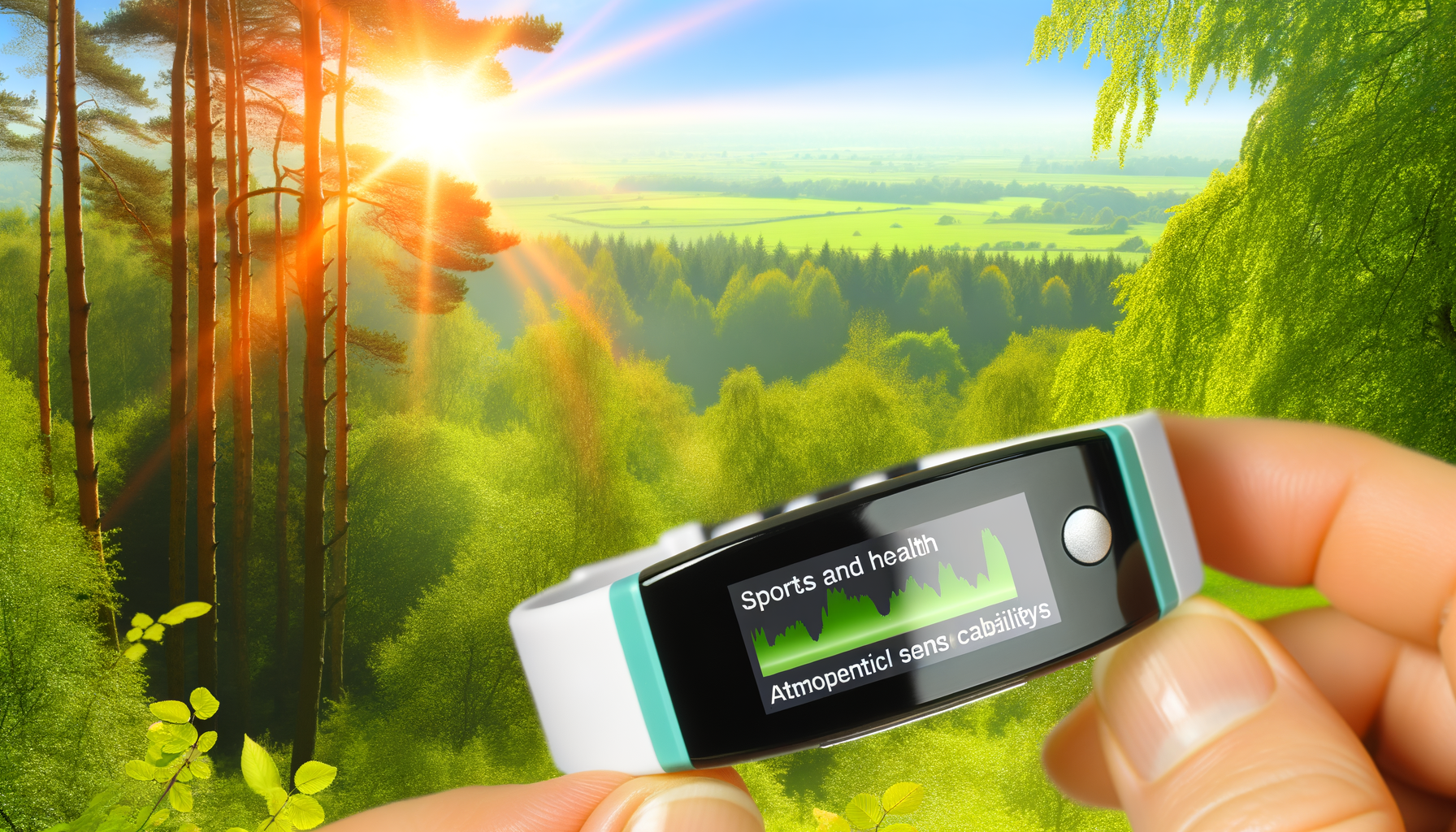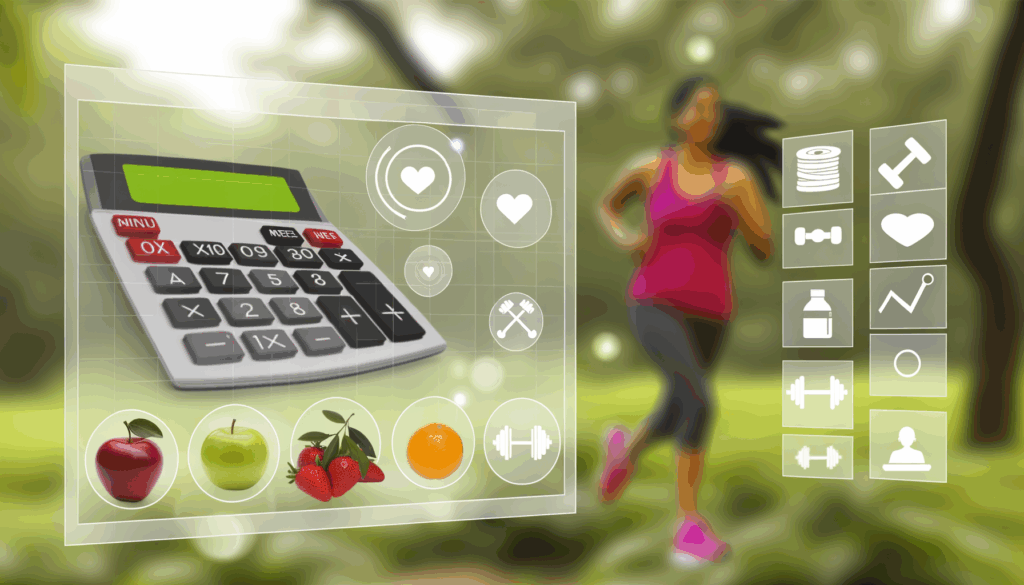Revolutionizing Health: The Intersection of Calorie Data and Environmental Sensors
In the modern era of health and fitness, the integration of technology has become a cornerstone for achieving and maintaining wellness. One of the most promising advancements is the combination of calorie data with environmental sensors, a concept that falls under the umbrella of “environmental nutrition” and “contextual health.” This approach leverages the Internet of Things (IoT) to provide personalized, real-time advice that not only helps individuals manage their diets but also considers the broader environmental context.
Understanding Calorie Data and Its Importance
Calorie tracking is a fundamental aspect of diet management. Tools like the Calorie Calculator Cloud offer users a comprehensive way to monitor their daily calorie intake, helping them set and achieve health goals. However, traditional calorie tracking methods can be time-consuming and often lack the context needed for optimal health outcomes.
The Role of Environmental Sensors in Health Monitoring
Environmental sensors, integrated into various IoT devices, can collect a wide range of data that influences health. For instance, sensors can monitor indoor air quality, temperature, and light exposure, all of which can impact an individual’s comfort, energy levels, and overall well-being. A study on environmental sensors in buildings highlights how these sensors can improve patient sleep and recovery by minimizing environmental perturbations such as CO2 levels, noise, and volatile organic compounds (VOCs).
Integrating Calorie Data with Environmental Sensors
The integration of calorie data with environmental sensor data can provide a holistic view of an individual’s health. Here are some ways this integration can be beneficial:
- Personalized Dietary Advice: By combining calorie intake data with environmental sensor data, health apps can offer more personalized dietary advice. For example, if an individual is in an environment with poor air quality, the app might suggest foods rich in antioxidants to help mitigate the negative effects. Similarly, if the environment is too hot or cold, the app could recommend hydrating foods or warm beverages to maintain comfort and health.
- Real-Time Feedback: Real-time feedback is crucial for effective health management. Sensor-based technologies, such as wearable cameras and accelerometers, can detect eating episodes and provide immediate feedback on calorie intake and food choices. This real-time data can be integrated with environmental sensor data to offer context-specific advice. For instance, if a person is eating in a noisy environment, the app might suggest foods that are easier to digest to reduce discomfort.
- Sustainability Considerations: Integrating environmental sensors also allows for the incorporation of sustainability considerations into dietary advice. Studies have shown that dietary practices can significantly impact environmental outcomes. By analyzing data from environmental sensors, health apps can suggest locally sourced, environmentally friendly food options, which not only benefit the individual’s health but also contribute to a more sustainable food system.
Technological Advancements and Challenges
The use of artificial intelligence (AI) and machine learning (ML) is pivotal in integrating calorie data with environmental sensor data. AI algorithms can analyze vast amounts of data from various sensors to provide accurate and personalized recommendations. However, there are challenges to overcome, such as ensuring data accuracy, accessibility, and affordability. The integration of blockchain technology can enhance the security and privacy of these digital interventions, making them more reliable and trustworthy.
Case Studies and Examples
Several studies and applications demonstrate the potential of this integration. For example, the Automatic Ingestion Monitor v2 (AIM-2) uses a combination of image and sensor-based detection to accurately identify eating episodes. This technology can be integrated with environmental sensors to provide a comprehensive health monitoring system. Another example is the use of wearable cameras that capture images at frequent intervals, which can be analyzed to detect food intake and provide real-time feedback.
Future Developments and Potential
The future of health monitoring lies in the seamless integration of various data streams. As technology advances, we can expect more sophisticated IoT devices that can collect and analyze a wide range of health and environmental data. The integration of genetics and epigenetics tools will further personalize health advice, making it more effective and targeted. Multidisciplinary approaches, involving nutritionists, physicians, and environmental scientists, will be crucial in developing evidence-based and accessible solutions.
Conclusion and Next Steps
The integration of calorie data with environmental sensors represents a significant leap forward in health and fitness technology. By leveraging IoT devices and advanced analytics, individuals can receive contextual advice that not only helps them manage their diets but also considers the broader environmental impact. As this field continues to evolve, it is essential to address the challenges of data accuracy, accessibility, and affordability to ensure that these technologies benefit a wide range of users.
If you are interested in exploring how calorie tracking can be enhanced with environmental data, consider using tools like the Calorie Calculator Plans which offer advanced features for personalized health management. Embrace the future of health monitoring and take the first step towards a more holistic approach to wellness.








